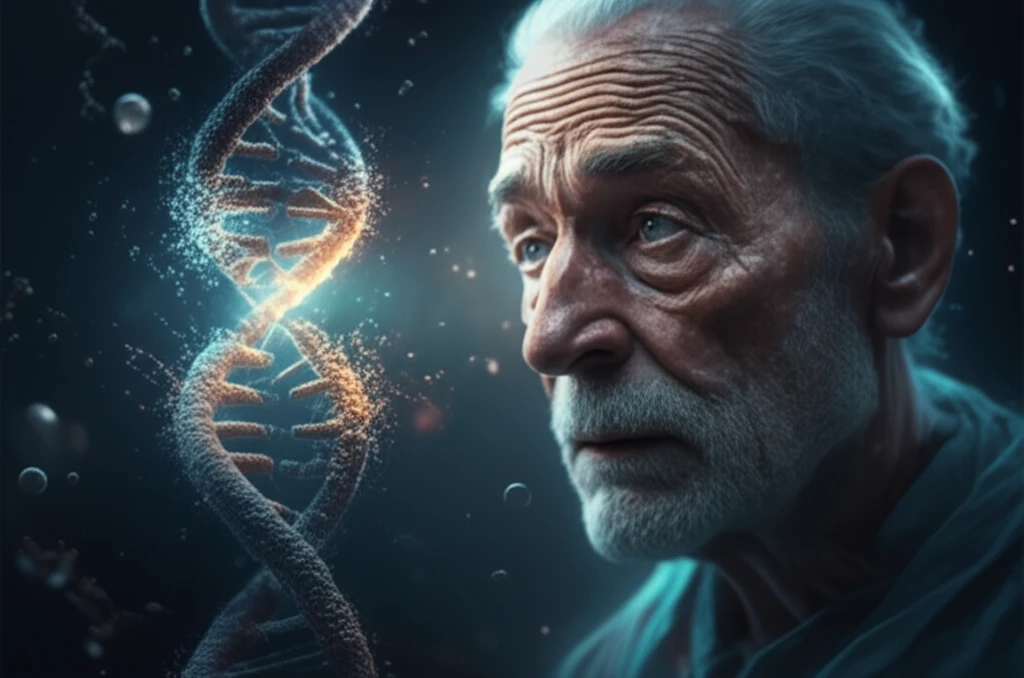
Decoding the Secrets of Aging: Are We Programmed to Grow Old?
"Unraveling the evolutionary debate between programmed and non-programmed aging to revolutionize medical research and extend healthy lifespans."
For over a century and a half, scientists have wrestled with a fundamental question: Is aging in mammals, including humans, a genetically programmed process, or is it simply the result of accumulated damage over time? The debate centers around whether there's an evolutionary reason for us to age, or if aging is merely a consequence of our bodies wearing down.
The traditional view held that programmed aging in mammals was unlikely. However, new theories in evolutionary mechanics and recent discoveries have challenged this assumption, suggesting that aging, and even lifespan, can be genetically controlled in both mammals and other organisms. This has led to a divide in the scientific community, with researchers holding fundamentally different views on the nature of aging.
Understanding whether aging is programmed or non-programmed is critical because these viewpoints lead to vastly different predictions about the underlying mechanisms of age-related diseases like cancer, stroke, and heart disease. Resolving this conundrum could revolutionize medical research and pave the way for effective interventions to promote healthier, longer lives.
The Core Ideas: Programmed vs. Non-Programmed Aging

The debate boils down to two primary schools of thought:
- Antagonistic Pleiotropy: Genes that are beneficial early in life can have detrimental effects later on, contributing to aging.
- Disposable Soma: Organisms allocate resources to reproduction rather than repair, leading to gradual deterioration and aging.
A Path Forward: Resolving the Aging Debate
The ongoing debate about programmed versus non-programmed aging has significant implications for medical research and our understanding of age-related diseases. By actively seeking empirical evidence and fostering collaboration between researchers with different perspectives, we can unlock the secrets of aging and pave the way for interventions that promote healthier, longer lives. It's time to move beyond theoretical arguments and focus on concrete research that can bridge the gap between these two schools of thought.
